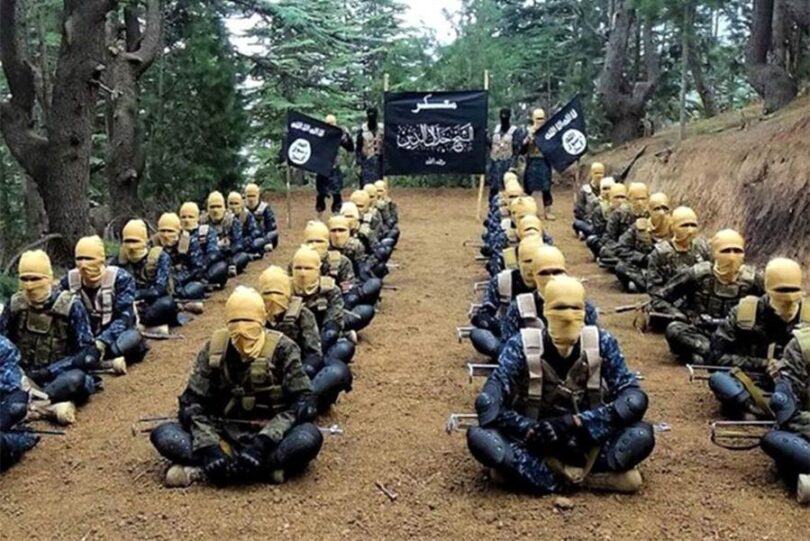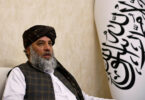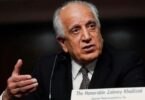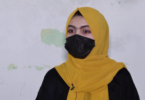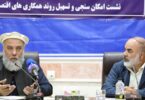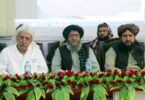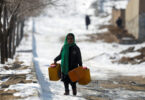KABUL (Khaama Press): The Australian research institution added that despite the Taliban’s claim to combat ISIS, the group remains formidable, demonstrated by bombings in Kandahar, the Taliban’s power center, and an attack on a concert hall in Moscow.
The Australian Strategic Policy Institute states that Western societies view ISIS, Al-Qaeda, the Taliban, and other extremist groups separately, but these groups share a common ideological orientation.
In its report released on Thursday, March 28th, the institute wrote that these groups, due to their shared ideology, strive to transform Muslim countries into a unified society under a single rule.
The institute argues that the Taliban’s claim to combat ISIS and sever ties with Al-Qaeda is “hollow.”
According to the institute, the Taliban presents its claim of fighting ISIS to garner “Washington’s goodwill.”
The Australian research institution added that despite the Taliban’s claim to combat ISIS, the group remains formidable, demonstrated by bombings in Kandahar, the Taliban’s power center, and an attack on a concert hall in Moscow.
The institute emphasized that the Taliban has remained loyal to its long-standing alliance with Al-Qaeda, and Al-Qaeda has managed to establish active cells throughout Afghanistan.
A section of the report states that with the Taliban’s rise to power in Afghanistan, the regional landscape has significantly favored violent extremist groups. According to the report, 21 other violent extremist groups have found regional and operational footholds in Afghanistan under Taliban control.
The Australian Strategic Policy Institute also noted that the Taliban has maintained its relationship with the Pakistani Taliban (TTP) and has even sought conflict with this group, known as a designated terrorist organization, over its main supporter, Pakistan.
The Australian institution warned that the threat of terrorism is increasing both in Afghanistan and the region. It added that the Taliban has returned to its despotic government of the 1990s centered around the Pashtuns.
The Australian Strategic Policy Institute stated that recent attacks by ISIS in Kandahar and Moscow should motivate regional and global powers to fight terrorism. According to the institute, geopolitical rivalries have allowed ISIS, Al-Qaeda, and the Taliban greater opportunities for future proliferation.

